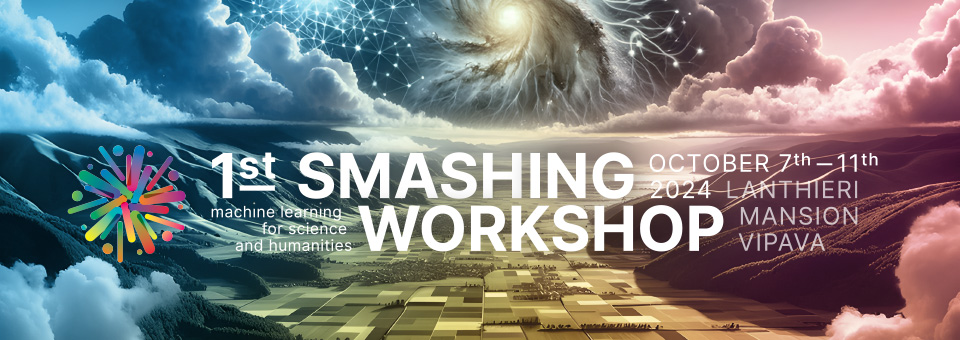Speaker
Description
We will present the HF-SCANNER project, detailing the datasets used, the project's goals, and the preliminary results. The HF-SCANNER project aims to develop a fast and accurate forecasting system for high-frequency sea level oscillations (HFOs) and meteotsunamis in the Mediterranean using deep learning and data from both simulations (ECMWF) and observations (sea level and air pressure). Intense HFOs in the Mediterranean region, sometimes leading to destructive meteotsunamis, occur due to specific and spatially limited meteorological conditions. Despite the understanding of their physical dynamics, current forecasting systems based on hydrodynamic models are unreliable and computationally expensive. To address this problem, the HF-SCANNER project aims to build deep learning models of HFOs at locations with sufficiently long measurements and transfer them to locations with limited data. We will also address the challenges posed by the datasets, such as shorter recording intervals, data gaps and outliers in certain locations, and how these challenges were overcome. We will present results obtained using deep convolutional neural network trained on simulated data (mean sea-level pressure, geopotential heights, specific humidity, wind speed and air temperature) and measurements (1-min sea levels). Preliminary results show that the initial model developed for the Bakar tide-gauge station can predict the highest expected HFO amplitudes for the next three days with a reasonable level of accuracy.

